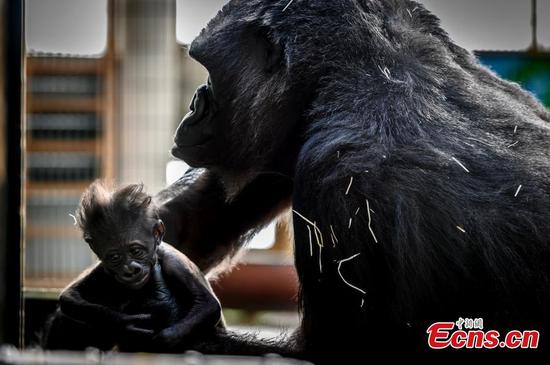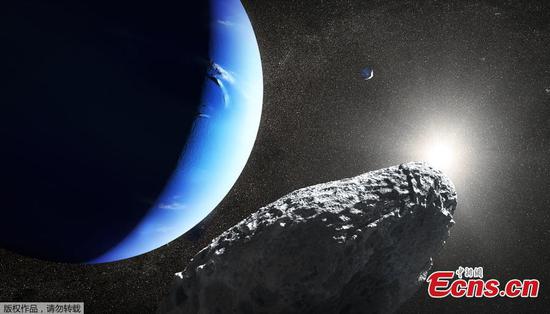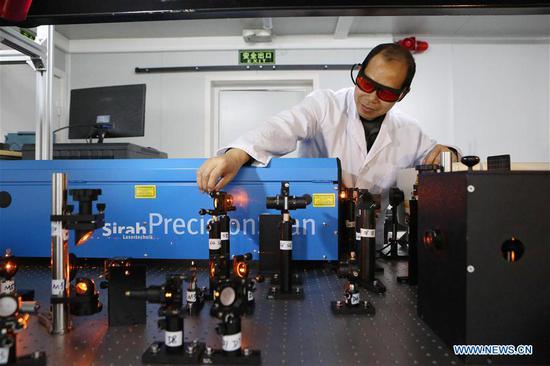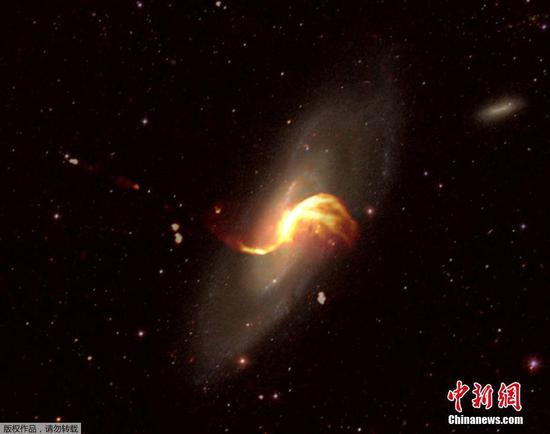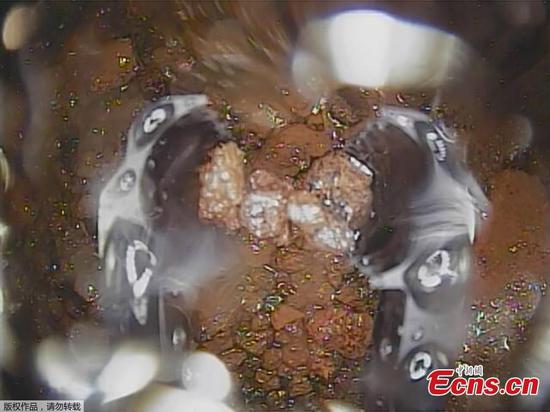American scientists have produced a DNA-like molecular system that can store and transmit information, and serve as an alternative genetic system for life that may aid search for alien life.
The study published on Thursday in the journal Science described a new informational molecular system that is like DNA, but different in one key area: The new molecule has eight informational ingredients instead of four.
Scientists led by Steven Benner at the Foundation for Applied Molecular Evolution created the synthetic DNA with the four nucleotides present in Earth life which are adenine, cytosine, guanine, and thymine. Also, it has four others that mimic the structures of the informational ingredients in regular DNA, resulting in a double-helix structure, according to the study funded by NASA.
The researchers dubbed their creation "hachimoji," meaning "eight-letter" in Japanese.
The finding suggested that scientists looking for life beyond Earth might need to rethink what they are looking for.
"Life detection is an increasingly important goal of NASA's planetary science missions, and this new work will help us to develop effective instruments and experiments that will expand the scope of what we look for," said Lori Glaze, acting director of NASA's Planetary Science Division.
"Incorporating a broader understanding of what is possible in our instrument design and mission concepts will result in a more inclusive and, therefore, more effective search for life beyond Earth," said Mary Voytek, senior scientist for Astrobiology at NASA Headquarters.

















